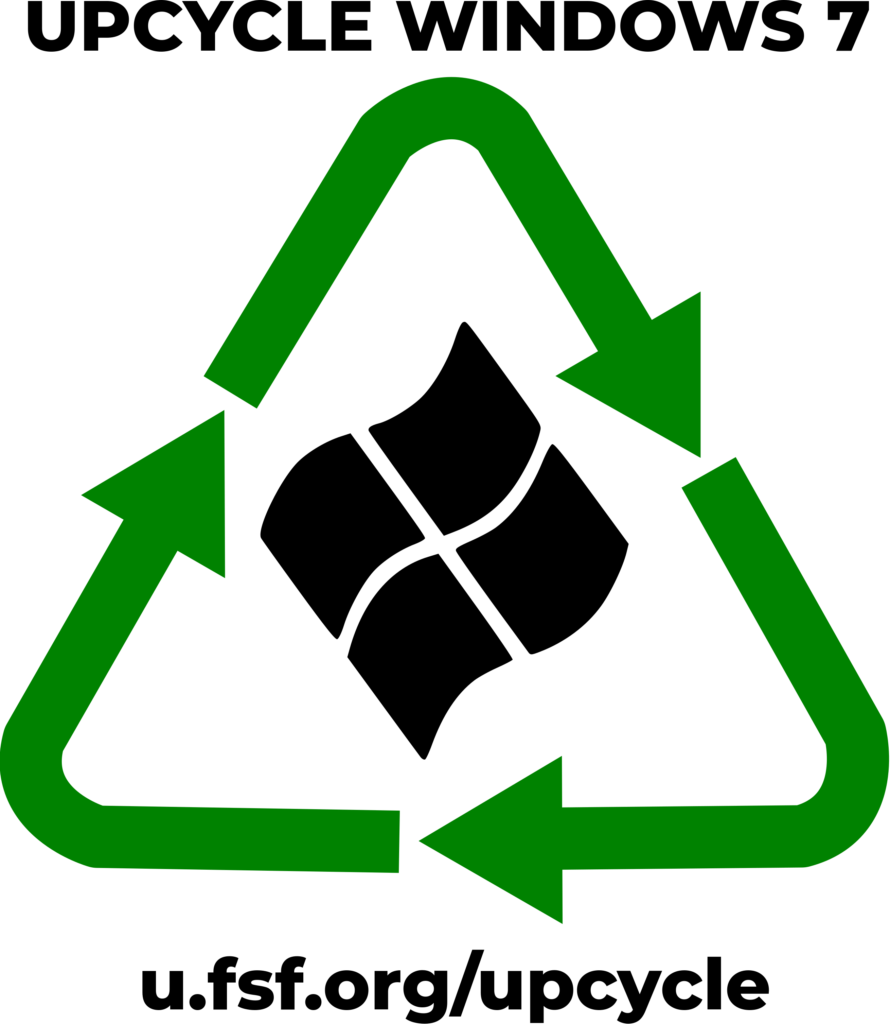
Asides
-
Spring is coming

Armattan Japalura on the bench -
Product First Step Feedback
Product First Step Feedback: Having worked in customer facing roles most of my career, I have experienced first hand how important it is for clients to get quick impressions of a product. Opportunities to leave that impression are often limited.
The other night, a colleague argued most products don’t even need a UI. And a UI won’t even be necessary for products that aim at developers as their audience. It may be unnecessary for specific, complex products. And in general, I won’t disagree. Such products exist and still require a good first impression. Browsing open source directories at Github, popular projects come with good documentation. A readme.md that comes with building and running instruction.

GitHub In the IaaS/PaaS/SaaS world, popular tools come with first step tutorials. Quick tours to get potential users started in minutes. Google apparently made this a release requirement, since virtually all products ship with a “Get Started in 5 Minutes” section to start with.
When I came into the product management role, I was a strong proponent of UI driven products. In hindsight, this believe was driven by the pure marketing thought of it. A UI shows better at trade fair booths than a terminal.
With more technical products, the readme is the last resort. And with that, an opportunity to gather feedback is gone. The UI can implement tracking and analysis to build a feedback channel for Product Managers to understand how the new feature actually is perceived.
In the software, provided it is delivered in source, the first step that could possible send telemetry, is the build process. And to drive adoption, you have to offer the customer a good first impression in documentation, before he can build your component. Should the documentation not deliver on this first step, you lost a customer even before he saw the product. If you are in the situation to receive feedback on this first impression, take that very serious.
-
Privacy in the Platform Economy
Privacy in the Platform Economy: In the tracking business, access to the customers desktop was in firm hands of Google and Facebook. Until recently!
SnakeOil promises people security to get them install software that’s capable of eavesdropping ssl and all other access to a computers interaction. Quite obvious to see this is a good source to profile a users behavior. A violation of users privacy for the sake of security. You sure all read the fineprint in the anti virus software, right?
Now apparently, somebody in the SnakeOil industry figured that out. A recent leak disclosed Avast Antivirus leverages their market access to almost hald a billion user profiles and devices to package up this insight. “every search” that promises ‘Every search. Every click. Every buy. On every site.’. Of course the target audience is the same as for marketing- and tracking clients.
Source: vice.
See also:
-
Project SearchWing

Project SearchWing is aiming to build an autonomous drone. It’s leveraged to find castaways in the Mediterranean. The device is in use in Missions by Sea Watch.
-
City Streets
Draw all streets at once. Probably qualifies as generative art, which exists way too little in this blog. Even though the author has some roots in it.

-
Upcycle Windows 7
Upcycle Windows 7 : Microsoft announced support for Windows 7 would end Janury 14, 2020 with plenty of lead time. A regular procedure in the world of enterprise software. The idea behind such a process is fairly simple. The software won’t stop working, nor are users unable to use in any other way. Only the company will stop developing and supporting patches for the operating system.

Upcycling Windows 7 While this is typically not a immediate issue for the private user, it has some security implications. The corporate user, that requires support, still has an opportunity to pursue a more recent version of the software, Windows 10. The entire procedure created some media echo recently, given the date is only past due by one week.
Instead of simply letting go, the Free Software Foundation started a campaign and petition to create an alternative for Windows 7 to just stop it. While this didn’t happen with software are recent as Windows 7, the approach has been precedented. MS DOS, Classic Word and even calc.exe are up on the internet nowadays. The Register mentions potential issues with content licensed from third parties, too.
The announcement and petition is here: Upcycle Windows 7 — Free Software Foundation — working together for free software
-
Olympiaturm

daily, 24.01.2020
-
People recognition
Only days after Clearview hit the news, The Economist runs an article on how the Combating Terrorism Technical Support Office (CTTSO), an agency of the US defence department, has developed another dystopian tool to identify people by their heartbeat.
-
7 Minuten ziehen lassen.

Erkältungstee Daily, late, 18.01.2020
